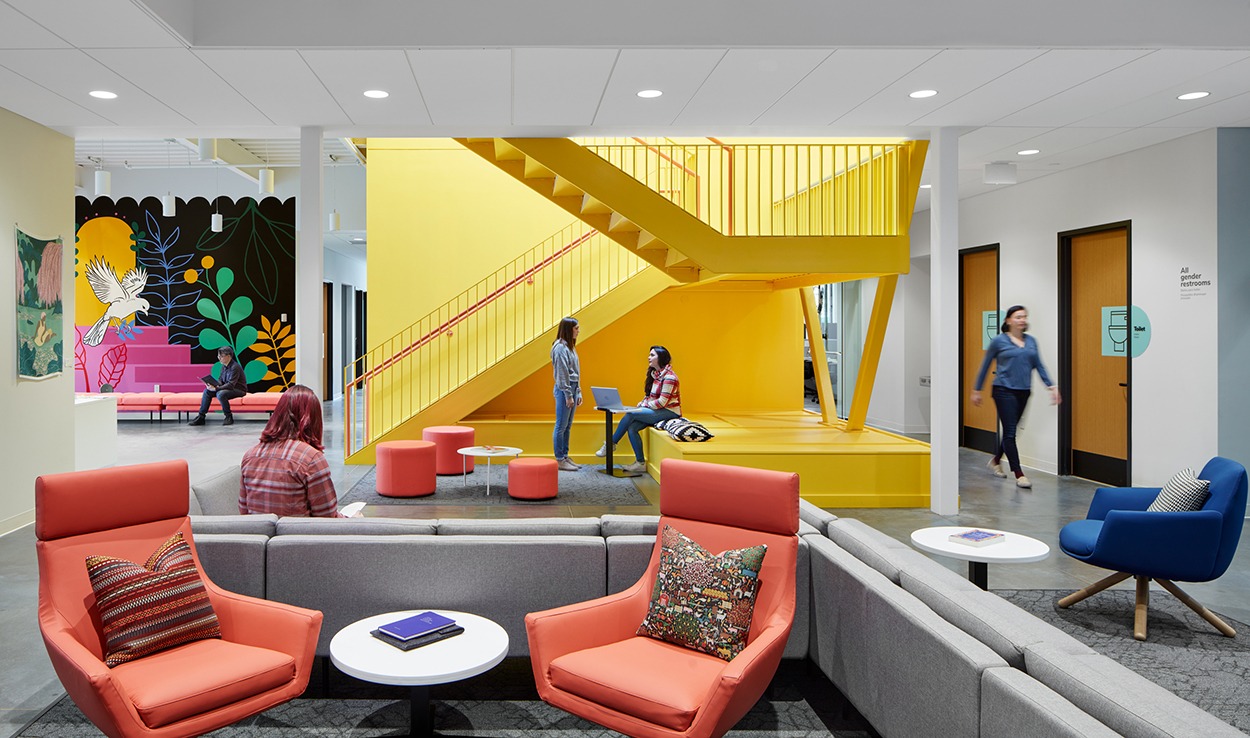I've been thinking a lot about empathy lately.
And the lightbulb went off in my head the other day when I realized that the essence of pretty much everything is empathy.
It's essential to creating good experiences for patients in healthcare facilities or residents in senior living communities. It's essential to recruiting and retaining staff.
It's also essential to marketing and selling your products or services to providers or architects and designers.
You need to ask yourself, "What do they want? What do they need?"
Empathy in Marketing
While many in the healthcare design industry are taking an empathetic approach to design projects or products, most of you aren't really taking an empathetic approach to market your products or services.
Take websites, for example.
Your websites have great pictures of your projects or products, which is important when someone is shopping for a certain look or features.
But if you assume that most people who come to your website already know they want a product like yours or that they want to hire an architect or designer with your type of expertise, then the conversation changes.
Why Choose Us?
You have to tell them, why choose us? What is it about your company or firm that is different from your competitors?
- Have you won more awards?
- Do you provide unbelievable customer service?
- What is special about your products or services that is different from your competitors?
- How do your customers feel about you?
- Who are your people and why are they special?
Here's a story about a client of mine.
For years, the people selling The C.A.R.E. Channel nature and music programming talked to prospective clients about the benefits of relaxation programming for patients. It helps them sleep. It reduces the need for pain medication. It lowers blood pressure.
They backed those claims up by sending research articles, whitepapers, and other documents. All of that stuff was available on the company website, too.
Ah-Ha Moment
But one day, the sales team said, "We don't need to convince prospects of the clinical benefits anymore. They already know it."
That was our "ah-ha" moment. We realized that we no longer needed to talk about "why relaxation programming," but "why C.A.R.E. relaxation programming."
And to tell the company's story by not only showing how the product is different, but also showing the people who produce, sell, market, and provide technical and client support for C.A.R.E. programming. Showing that they understand and care about those who buy and use the product.
This shift is still in process at the company and if it ever happens, I think it will be a game-changer.
By the way, this empathetic approach also works for healthcare providers hoping to attract new patients to their clinic or hospital. Or for senior living communities looking for new residents.
P.S. Please do me a favor -- if you liked this post and like this blog, please share it with others by sending them the link or posting it on your Twitter, LinkedIn, or Facebook. Also, don't forget to subscribe, so you'll get emails when new content is posted. Thanks!







